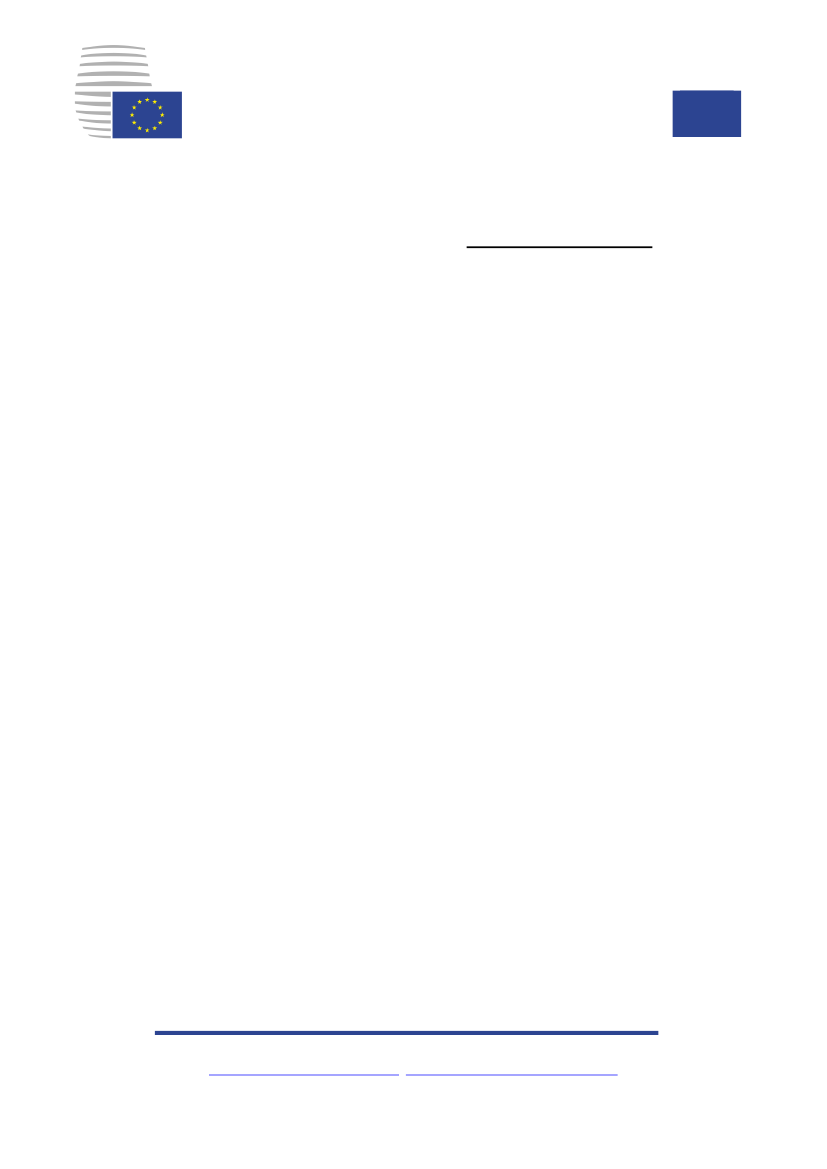
Council of the
European Union
5543/19
(OR. en)
PROVISIONAL VERSION
PRESSE 2
PR CO 2
EN
OUTCOME OF THE COUNCIL MEETING
3668th Council meeting
Foreign Affairs
Brussels, 21 January 2019
President
Federica Mogherini
High Representative for Foreign Affairs and Security
Policy
PRESS
Rue de la Loi/Wetstraat 175 B
–
1048 BRUSSELS Tel.: +32 (0)2 281 6319 / 6319 Fax: +32 (0)2 281 8026
[email protected] http://www.consilium.europa.eu/press
5543/19
1
EN